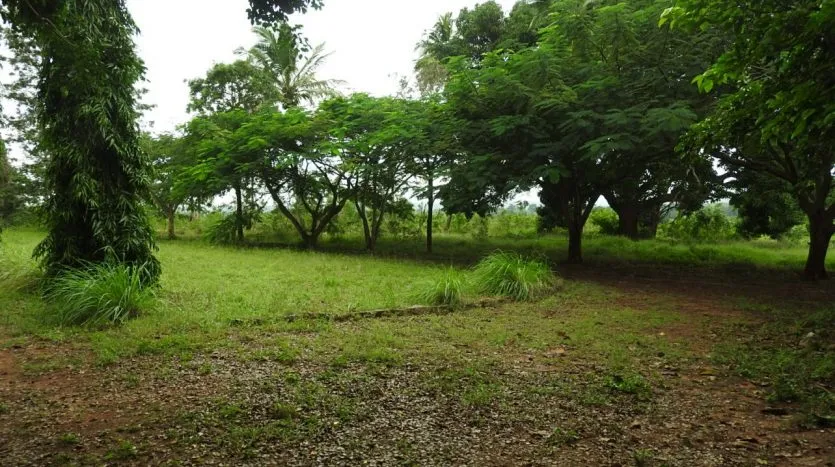Buying Land in Tanzania

Non citizen Buying land in Tanzania
Buying land in Tanzania as a non-citizen is regulated by the Land Act and the Land Regulations of Tanzania. It is essential to understand the rules and regulations governing land ownership for non-citizens before proceeding with any land purchase. Here are the key points to consider:
Types of Land Ownership:
In Tanzania, there are two main categories of land ownership: General land and
Village land. General land is owned by the government and can be leased to non-
citizens, while Village land is owned by local communities and is generally not
available for purchase by non-citizens.
Leasehold Land:
Non-citizens can acquire land through leasehold arrangements. This means that you do not own the land outright but have the right to use it for a specified period, which can be as long as 99 years.
Investment Land:
Non-citizens who wish to acquire land for investment purposes, such as starting a business or developing property, can apply for investment land through the
Tanzania Investment Center (TIC). Investment land can be leased for a maximum of 99 years, subject to approval from the TIC.
Agricultural Land:
Non-citizens who wish to engage in agricultural activities can lease agricultural land for a specified period. The lease can be renewed upon expiry, subject to
approval from the relevant authorities.
Residential Land:
Non-citizens can lease residential land for building homes, but the leasehold period is typically shorter than that for agricultural or investment land. It’s essential to check the specific lease terms for residential land.
Requirements and Procedures:
The process of acquiring leasehold land as a non-citizen involves several steps, including submitting an application to the Commissioner for Lands, obtaining
approvals, and making payments. Be prepared to provide personal and financial information as part of the application process.
Due Diligence:
Conduct thorough due diligence before purchasing or leasing land. This includes verifying the ownership status of the land, ensuring that it is free of encumbrances, and checking for any existing disputes or land rights issues.
Legal Assistance:
Given the complexity of land transactions in Tanzania, it is advisable to seek legal assistance from a qualified lawyer or land consultant who is familiar with the
local laws and regulations.
Local Community Engagement:
If you plan to lease land in an area with Village land, engage with the local community and seek their consent and cooperation. Village land is under the
authority of local communities, and their support is essential for any land transaction.
Payment and Costs:
Be prepared to cover all associated costs, including the lease fees, surveying costs, and any taxes or levies applicable to the land transaction.
Land Use and Development Regulations:
Familiarize yourself with land use and development regulations in Tanzania, as these can vary by location and type of land. Ensure that your planned use of the land complies with these regulations.
It is crucial to work with local experts and government authorities to navigate the land acquisition process in Tanzania successfully. Additionally, stay informed about any changes in land ownership laws and regulations, as these may evolve over time.

